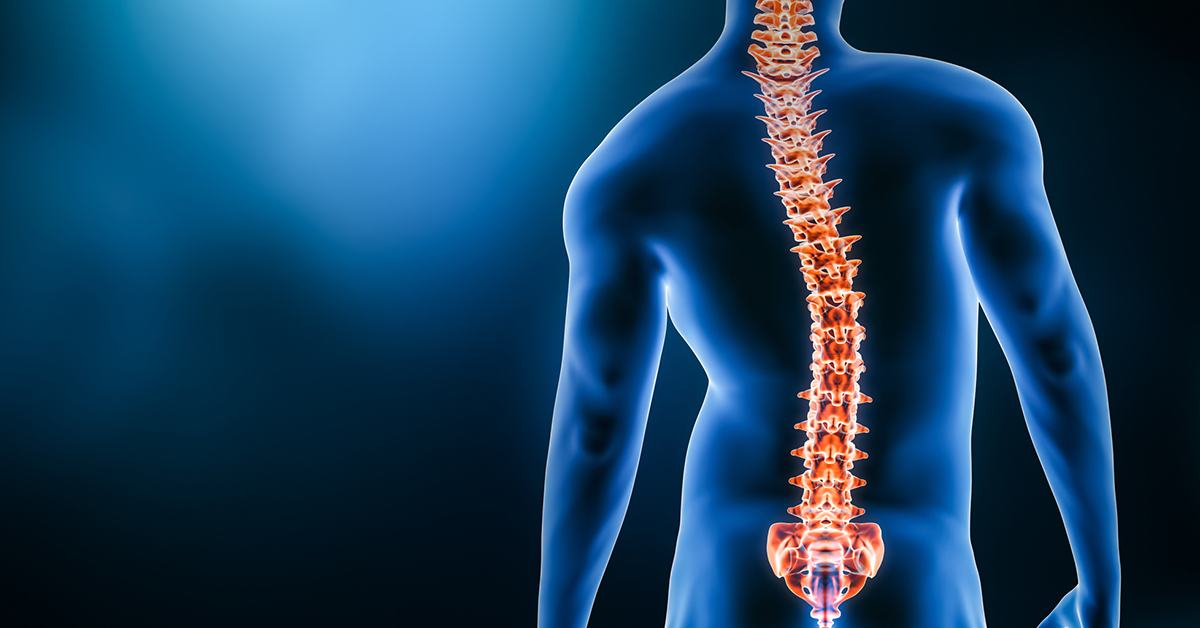
What Is the Difference Between Anterior and Posterior Scoliosis Surgery?
Scoliosis surgery aims to correct spinal curvature, and two common approaches are anterior and posterior scoliosis surgery. Both methods effectively treat scoliosis, but they differ in how the surgeon accesses the spine, the complexity of the procedure, and the recovery process.
Anterior Scoliosis Surgery
In anterior scoliosis surgery, the surgeon accesses the spine from the front of the body, typically through an incision in the chest or abdomen. This approach allows the surgeon to directly reach the spine and remove a rib to gain access. It’s often used for scoliosis curves in the lower spine or thoracolumbar region.
- Advantages:
- Fewer incisions along the back, reducing muscle disruption.
- Better correction for specific curves due to direct access.
- Disadvantages:
- More invasive chest or abdominal incision.
- Higher risk of complications like lung or abdominal issues.
Posterior Scoliosis Surgery
Posterior scoliosis surgery is the most common approach, where the surgeon makes an incision along the back to access the spine. Screws, rods, or other hardware are placed to correct the curvature. This method is versatile and can treat various scoliosis curves.
- Advantages:
- Direct access to the entire spine for comprehensive correction.
- No need for chest or abdominal incisions.
- Disadvantages:
- More muscle disruption, leading to longer recovery and increased post-op pain.
- Greater risk of stiffness or muscle damage.
Choosing Between Anterior and Posterior Surgery
The choice between anterior and posterior surgery depends on the curve’s location, the patient’s age, and the surgeon’s preference. Anterior surgery may be ideal for lower spine curves, while posterior surgery is more suitable for complex curves or curves throughout the spine.
Recovery and Outcome
Recovery times vary, but anterior surgery may result in a shorter recovery due to less muscle disruption. Both approaches require hospital stays, followed by weeks to months of recovery. Physical therapy is often recommended to restore strength and mobility after surgery.
The primary difference between anterior and posterior scoliosis surgery lies in how the spine is accessed. Anterior surgery accesses the spine from the front, while posterior surgery is performed from the back. Both methods are effective, and the choice depends on the specifics of the patient’s condition and the surgeon’s expertise. Consulting with a spine specialist can help determine the best approach for your scoliosis treatment.
